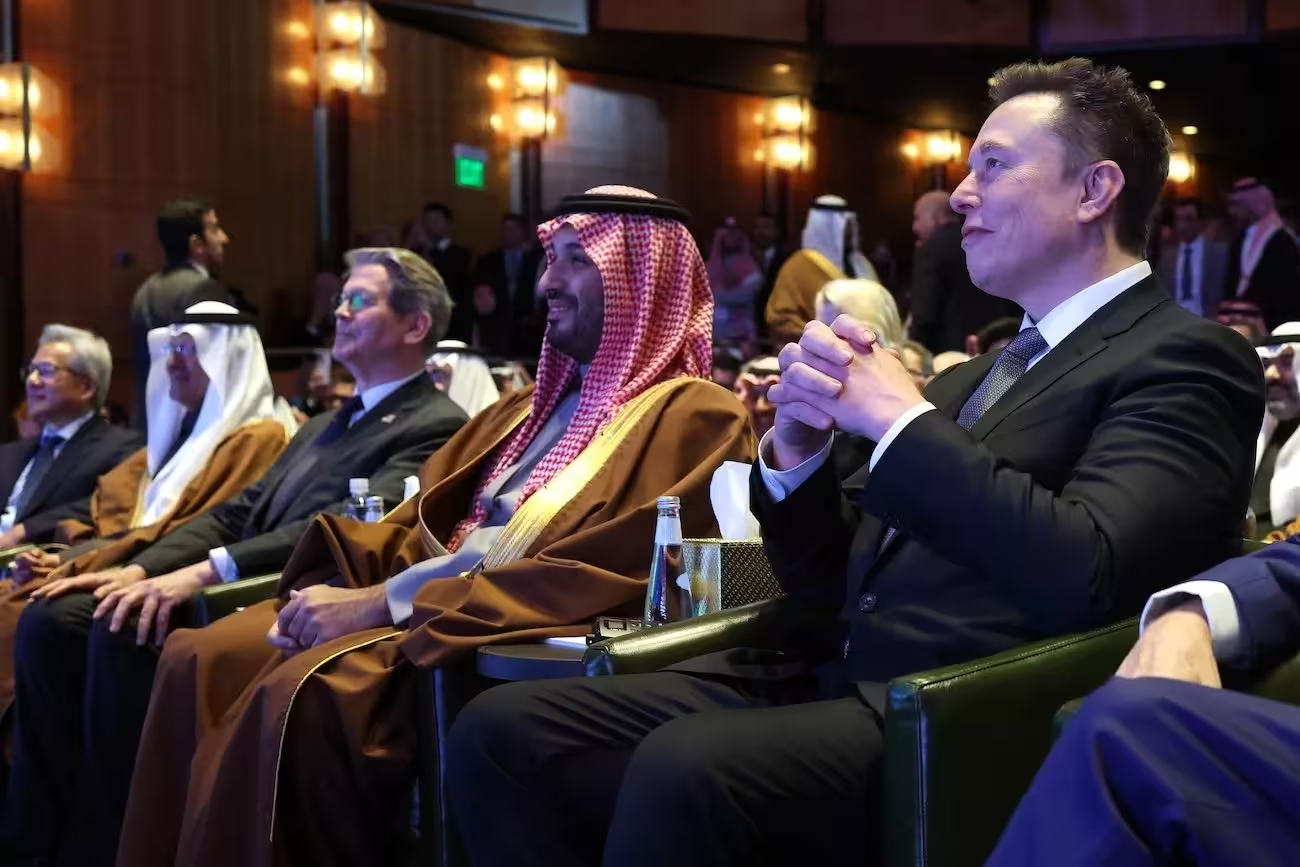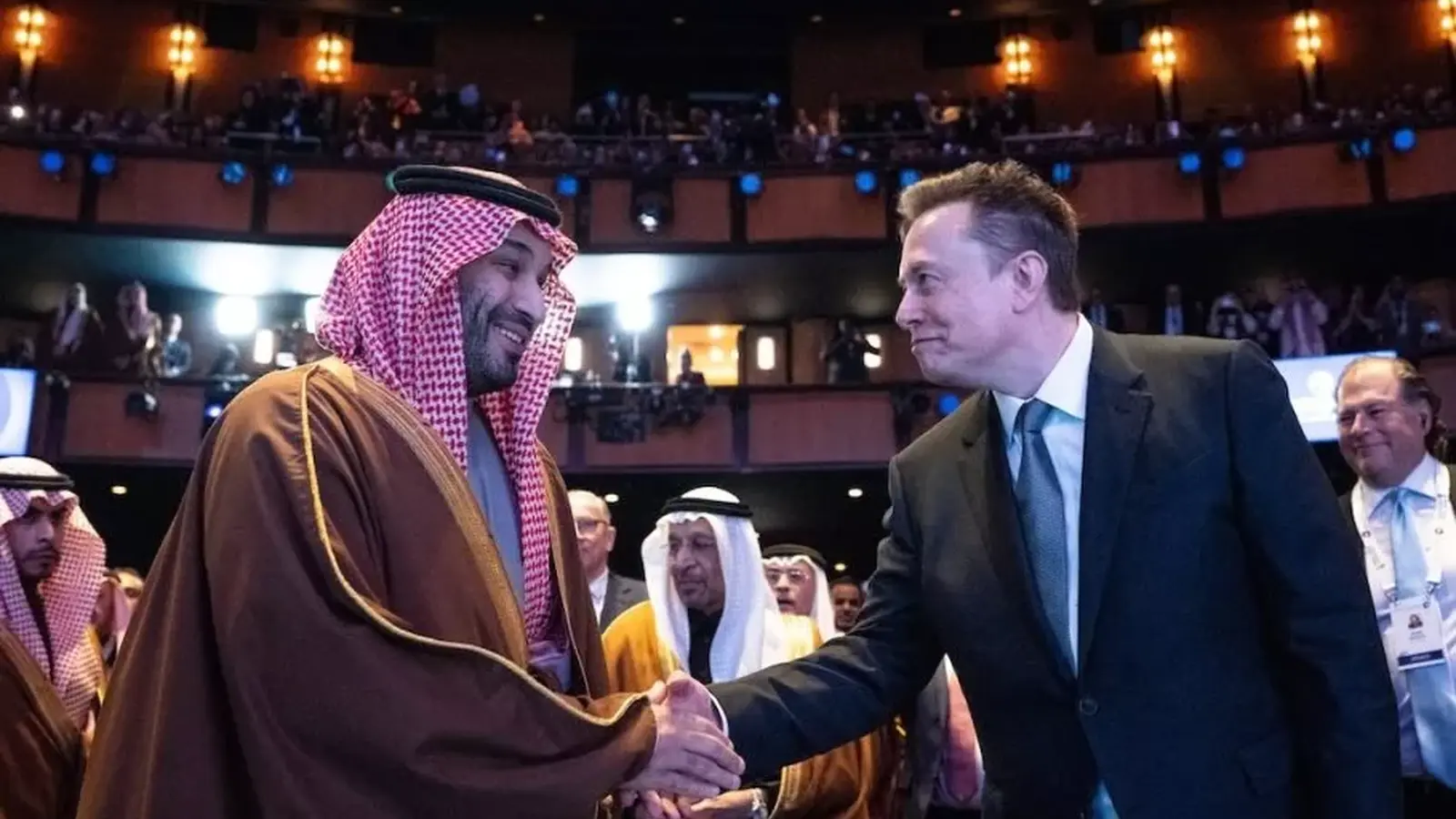3 Minutes
Elon Musk and Saudi Arabia have announced a major new partnership to build a 500-megawatt AI datacenter in the kingdom — a facility that would be the largest AI campus outside the United States. The project, unveiled at the US–Saudi Investment Forum, brings together Musk’s xAI and Saudi state-backed startup Humain, with NVIDIA supplying the processors.
A 500MW powerhouse: what’s planned
The announced datacenter will scale to roughly 500 megawatts of power capacity, a step up from Musk’s earlier 300MW facility in Memphis. According to reports, xAI and Humain will operate the site together while NVIDIA provides the high-end accelerators that drive large-scale model training and inference. Saudi Arabia will supply the land, abundant energy, and fiber infrastructure required for rapid deployment.
Why this matters to Musk — and to Riyadh
For Musk and xAI, the motive is simple: scale. Training and running advanced chatbots like Grok requires vast compute resources, and a 500MW campus gives him the headroom to compete with established players such as OpenAI. For Saudi Arabia, the project advances a national push to diversify away from oil and become a global technology hub. Humain has publicly targeted capturing a significant share of global AI processing — reportedly aiming for roughly 6% of global AI compute — and this datacenter would be a cornerstone of that ambition.

Politics, chips, and export controls
One major complication has been US export controls that restrict the sale of the most advanced NVIDIA chips to some countries. Reports suggest those limits could ease as political dynamics in Washington shift. To reinforce trust with US policymakers, Humain’s CEO, Tariq Amin, has pledged not to partner with certain Chinese vendors like Huawei — a move intended to smooth approval for NVIDIA hardware shipments and other technology transfers.
What each side brings to the table
- Musk/xAI: AI products, software expertise, experience operating large datacenters and training models.
- Saudi Arabia/Humain: land, power, fiber networks, and state support for rapid construction and scaling.
- NVIDIA: the GPU accelerators and software stack that enable modern AI training.
Potential impact and the road ahead
If approved and fully equipped, the Saudi datacenter could reshape where major AI workloads run and accelerate the geographic diversification of AI infrastructure. The deal is also a reminder that AI strategy is as much geopolitical as it is technical: where chips and data centers get built will influence who leads the next wave of AI innovation. Expect scrutiny from regulators, a timeline tied to export approvals, and close attention from competitors worldwide as the project moves forward.
Whatever the outcome, the xAI–Humain effort signals a new chapter in global AI expansion — one where state-backed ambition and Silicon Valley scale collide to create infrastructure that could power the next generation of large language models and other AI services.


Leave a Comment